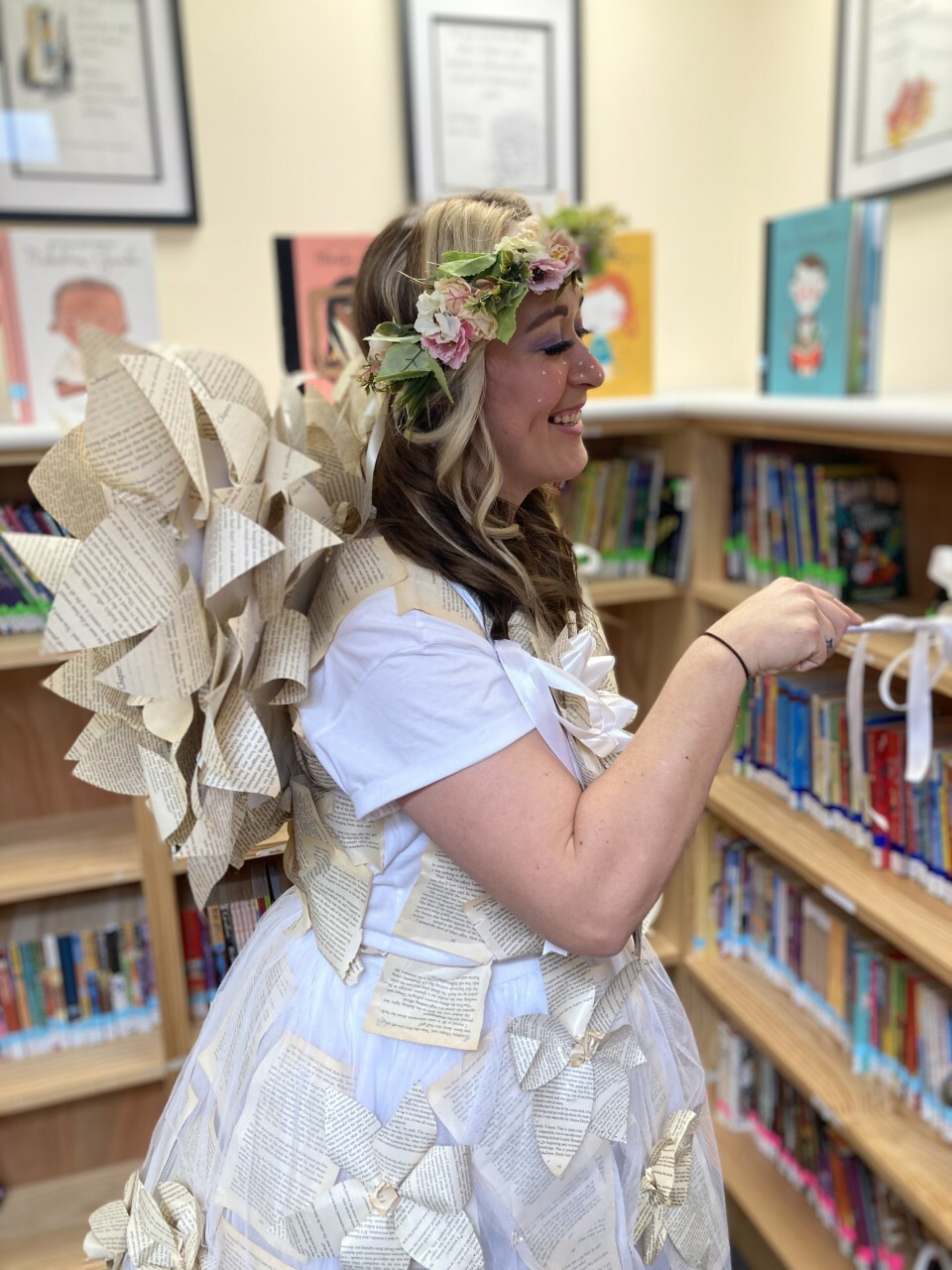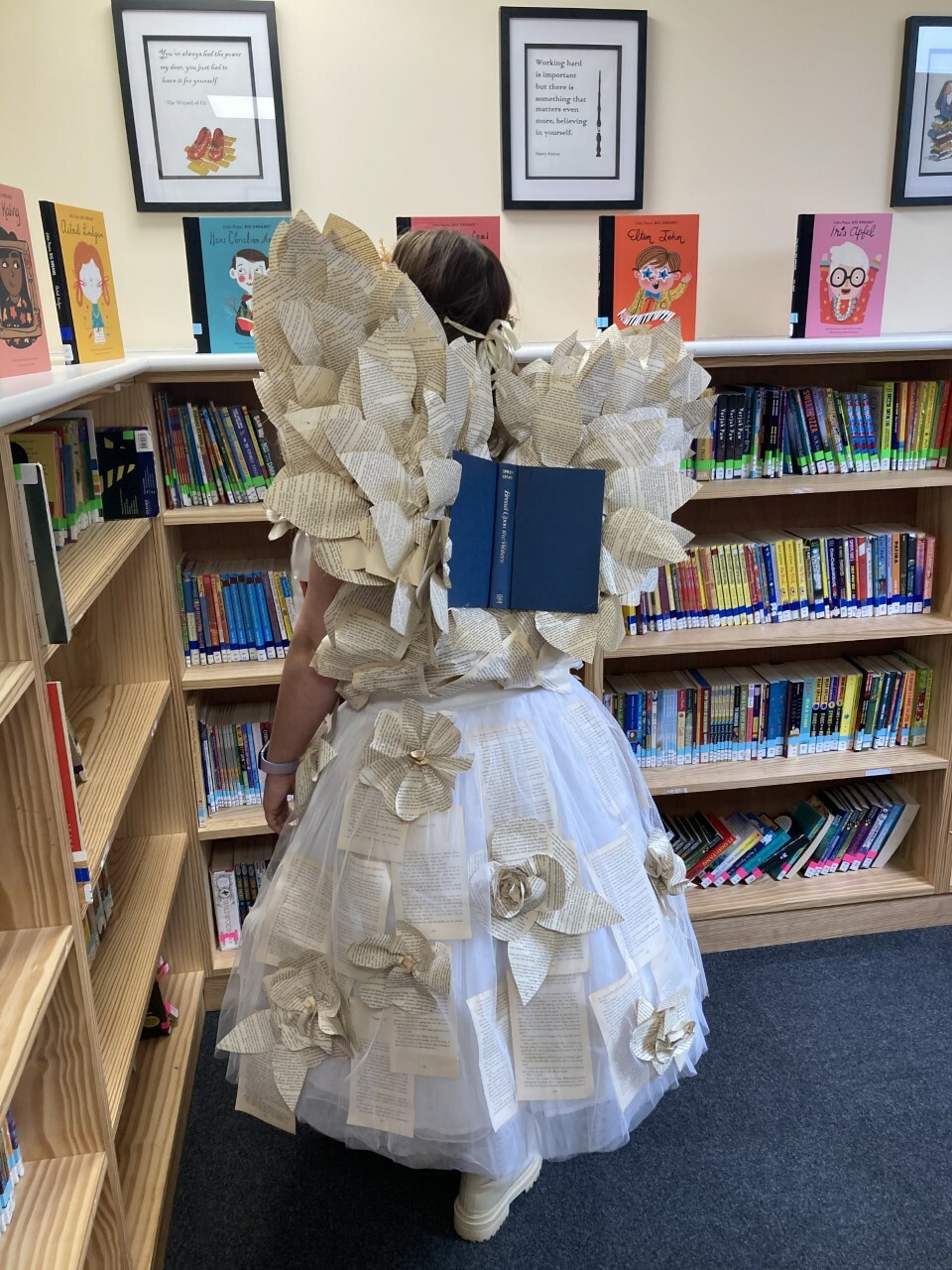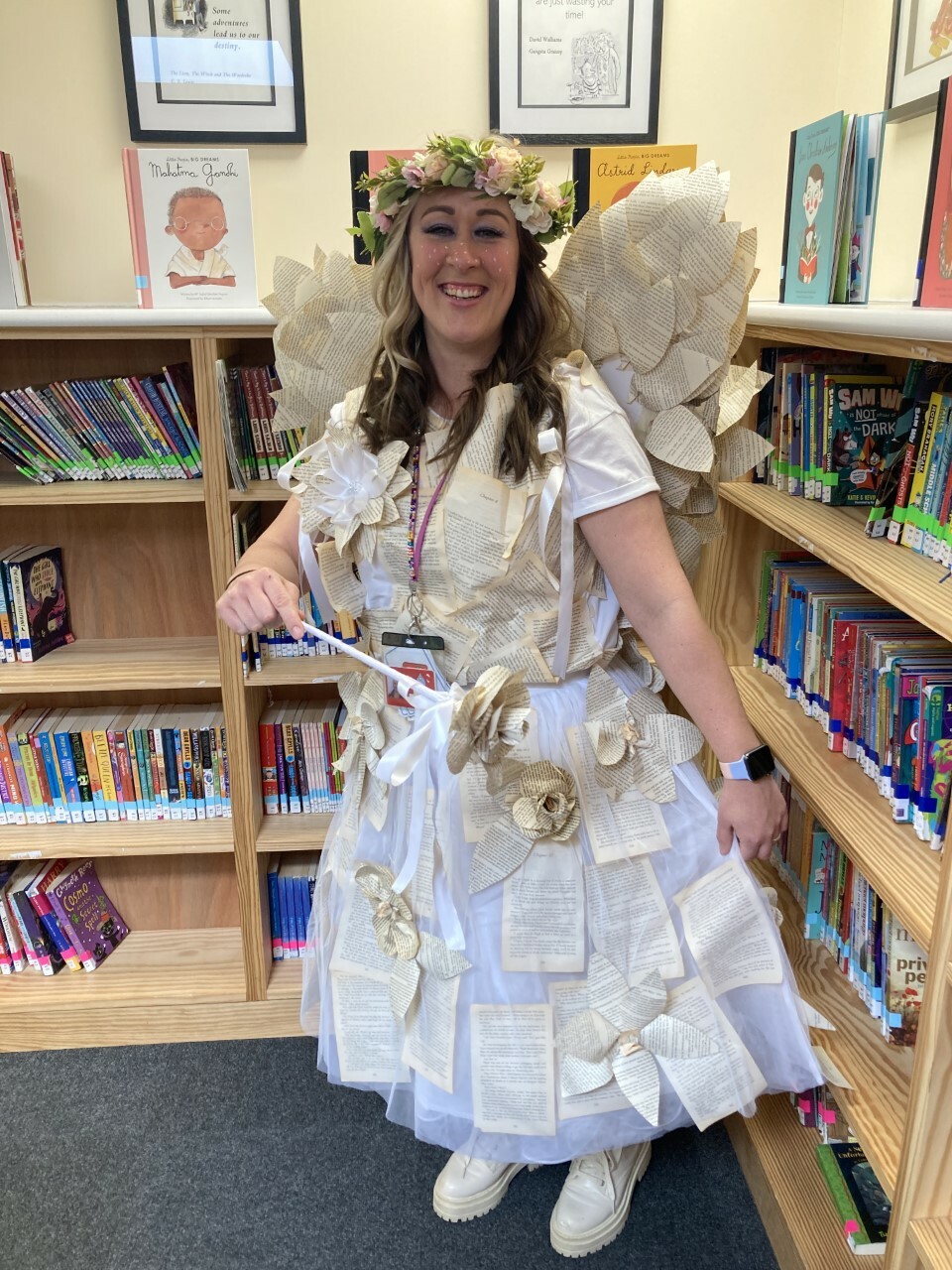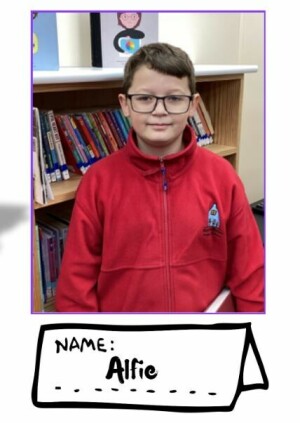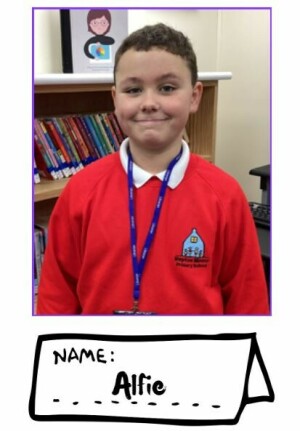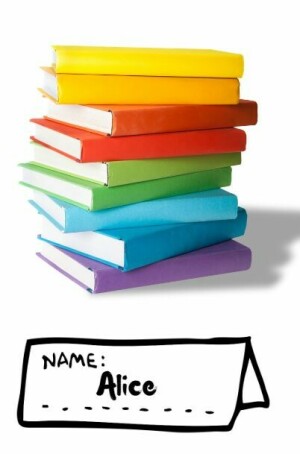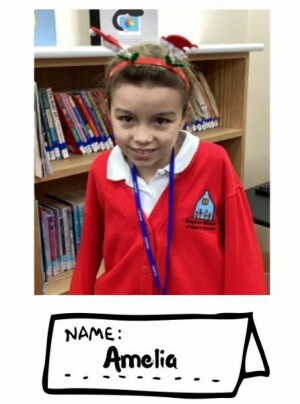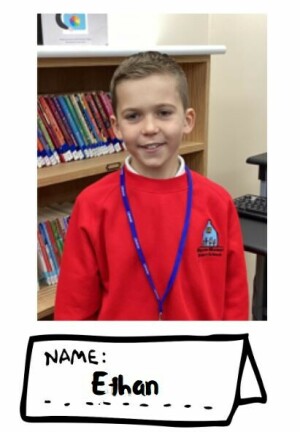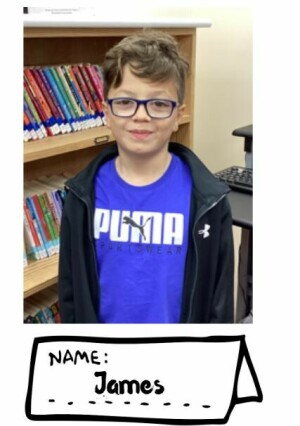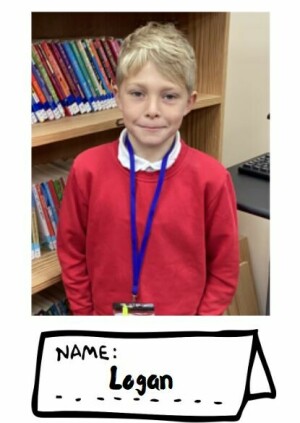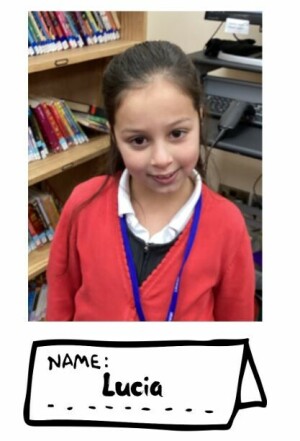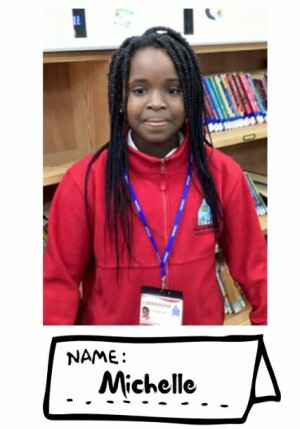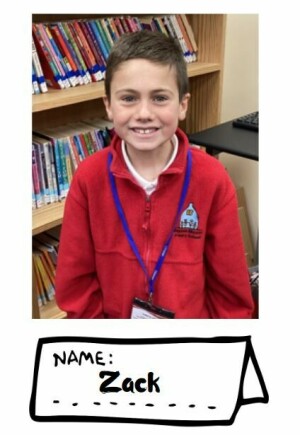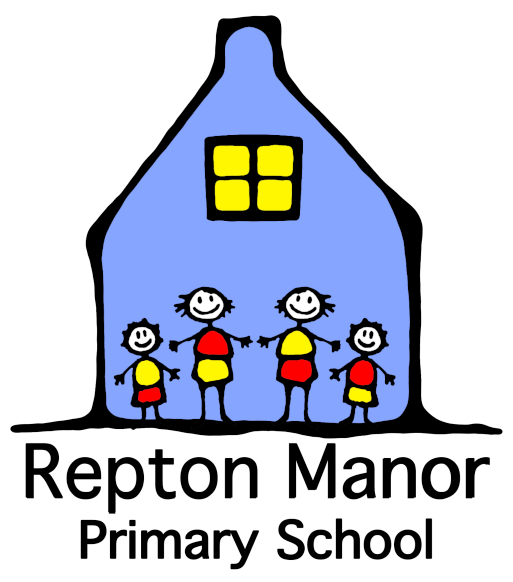Our Children
Reading
“The more that you read, the more things you will know. The more that you learn, the more places you'll go.” – Dr Seuss
At Repton Manor, reading is at the heart of everything that we do. We understand the importance of equipping our children with life-long Literacy skills so that they develop a love of reading and are fully prepared for the next chapter in their school life. As a school, we try to enrich children with as much exposure to a wide variety of books as often as we can. Classes will enjoy a story throughout the day and books are used as supporting materials for Reading, Writing and Topic lessons.
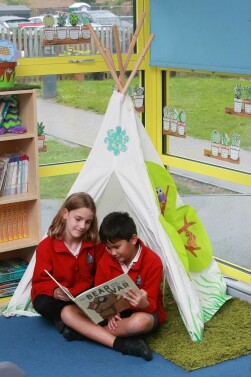
Read Write Inc.
Children begin their reading journey through the use of the Read Write Inc. Phonics programme.
The programme is for:
-
Pupils in Year R to Year 2 who are learning to read and write.
-
Any pupils in Years 2, 3 and 4 who need to catch up rapidly.
In Read Write Inc. pupils:
-
Learn to decode letter-sound correspondences quickly and effortlessly, using their phonic knowledge and skills.
-
Learn to read common exception words on sight.
-
Develop a deeper understanding of what they have read.
-
Practice reading aloud with fluency and expression.
-
Write confidently, with a strong focus on vocabulary and grammar that is linked to a text.
-
Spell quickly and easily by learning to segment the sounds in words.
In addition, we teach pupils to work effectively with a partner to explain and consolidate what they are learning. This provides the Reading Teacher with opportunities to assess learning and to pick up on difficulties, such as pupils’ poor articulation, or problems with blending or alphabetic code knowledge.
We make sure that pupils read books that are closely matched to their increasing knowledge of phonics. This is so that, early on, they experience success and gain confidence that they are readers. Re-reading and discussing these books with the teacher supports their increasingly fluent decoding.
Please see the slides here from our 'Introduction to Read Write Inc' Parents Session.
For more information about Read Write Inc. and how you can help at home, please visit this webpage.
To find out how to pronounce the different sounds your child will learn in school, please watch this clip.
Accelerated Reader
Once children have finished the Read Write Inc programme, we then begin to track their reading progress using Accelerated Reader (AR), a Reading programme by Renaissance Learning, designed to further children’s reading comprehension. Each child has a username and password to access their own bookshelf. At the beginning of each new term, every child will take a STAR Reader test and this will give them their ZPD (zone of proximal development) number. This gives them a suggested book level range, which has been translated into a colour system. All the library books are categorised according to these colours and numbers, and the children understand how to select their own books. The books are further split into age categories: lower (aimed towards Y2-4) and middle years (aimed from Y4-6).
When your child has finished reading a book, they take an Accelerated Reader Quiz. After the quiz, your child will be given their score as a percentage. If they pass the quiz, points will be rewarded! You can find out how many points a book is worth by taking a look on the inside cover – but remember, children must pass the quiz by 85% or more to earn the points!
Books that your child chooses to read at home may also be on Accelerated Reader. This can be checked by visiting www.arbookfind.co.uk and searching for the book by either the title or the author. If the book is in your child’s suggested range, a test can then be taken on this book.
VIPERS Reading Skills
We have daily Guided Reading comprehension sessions from Year 2 onwards to ensure that children read age-related texts and answer V.I.P.E.R.S (Vocabulary, Inference, Predict, Explain, Retrieve and Summarise / Sequence) as our method to explicitly teach each skill. These whole class or group reading comprehension sessions are used as a powerful tool to allow all children to make progress in Reading and to provide regular and supportive opportunities for children to encounter engaging texts that will resonate with their interests and capture their imagination. Carefully graded questions allow for children to develop their comprehension skills at an appropriate level.
Question Openers
VIPERS can be used on any text that a child is reading, as well as on pictures, picture books and films! When any adult is listening to a child read, all they have to do is think of questions about the book/picture/film that cover all of the VIPERS. Here are some great examples below of how you can create your own questions using the following question openers:
|
|
EYFS - Y2 |
Y3 - Y6 |
|
Vocabulary |
What does the word ..... mean in this sentence? What does this word or phrase tell you about .....? |
What do the words ..... and ..... suggest about the character, setting and mood? Find one word in the text which means ..... Which word tells you that .....? |
|
Infer |
Why was .....? feeling .....? What do you think the author intended when they said .....? |
How can you tell that .....? What impression of .....? do you get from these paragraphs? |
|
Predict |
What do you think will happen next? What makes you think this? What is happening? What do you think happened before? |
Do you think ..... will happen? Yes, no or maybe? Explain your answer using evidence from the text. What does this paragraph suggest will happen next? What makes you think this? |
|
Explain |
Who is your favourite character? Why? Is there anything you would change about this story? Do you like this text? What do you like about it? |
The mood of the character changes throughout the text. Find and copy the phrases which show this. How does the author engage the reader here? Why is the text arranged in this way? |
|
Retrieve |
How many .....? What happened to .....? |
How would you describe this story/text? What genre is it? How do you know? |
|
Sequence Summarise |
What happened after .....? What was the first thing that happened in the story? |
Can you summarise in a sentence the opening/middle/end of the story? In what order do these chapter headings come in the story? |
Further Reading at Home
To make good progress, we encourage our children to read every day at home.
As a parent, you are your child's first and most important teacher. When you help your child to learn to read, you are opening the door to a world of books and learning. Reading aloud to children is the best way to get them interested in reading. Before long they will grow to love stories and books. Eventually, they will want to read on their own. With the help of parents, children can learn how to read and can practise reading until they can read for their own enjoyment. Then, they will have a whole world of information and knowledge at their fingertips!
It’s easy to implement reading into everyday life – why not try asking your child to read information from food labels when you go shopping? Perhaps they could read you information from websites online, or something from a newspaper or magazine.
Reading can be a family activity. Spending time with word games, stories, and books will help your child to:
-
Gather information and learn about the world.
-
Learn how stories and books work – that they have beginnings, endings, characters, and themes.
-
Build a rich vocabulary by reading and talking about new words.
-
Learn how to listen and how to think.
-
Learn the sounds of language and language patterns.
-
Fall in love with books.
For a useful handbook about our phonics teaching at school, and for guidance on how you can support your child with their early Reading at home, please see the attached useful guide.
Guide to supporting early Reading at home.
Kent Libraries have a wealth of information on their website which you can access for free to support your child with their reading. There is also lots of information about libraries that you can visit with your child.
Some useful links that we found are below:
Kent Libraries: Home Learning Help
It's natural to want to compare your child's reading abilities with those of other children of the same age, but not all children develop reading skills at the same pace. What's important is that you are aware of your child's reading level so that you can choose books and activities that will help him or her to improve.
For more information about Reading at Repton Manor, please contact our Reading Leader, Sam Graham.
Our School Library
We are extremely lucky to have our own designated school library with a wide range of beautiful fiction, poetry and non-fiction books which cover a huge variety of interests. Our children visit our school library each week at school and select books which may interest them to take home to share with their families. They also find books in the library to support their learning in school. Mrs Mannering is our school Librarian and she would love to hear about the books that you love reading from our library and also about books that you would like to see in there that aren't there yet.
Our School Librarians 2023 - 2024
Each year, we recruit some special student librarians. The children apply for this position, stating why they feel they would make a great librarian, and then Mrs Mannering short lists the applicants. Finally, our student librarians are chosen, awarded a librarian lanyard and trained by Mrs Mannering. Our student librarians are always there to help you to choose a good book in our library.
This year, our student librarians are:
Curriculum Group: Communication and Language
Our Vision:
A child took a stroll through the Repton Manor wood, the child saw a book and the book looked good.
The child read the book and met:
- An owl who developed the child’s voice and communication.
- A snake who inspired a joy of language and literature.
- A fox who taught the child to be bold, brave and free.

